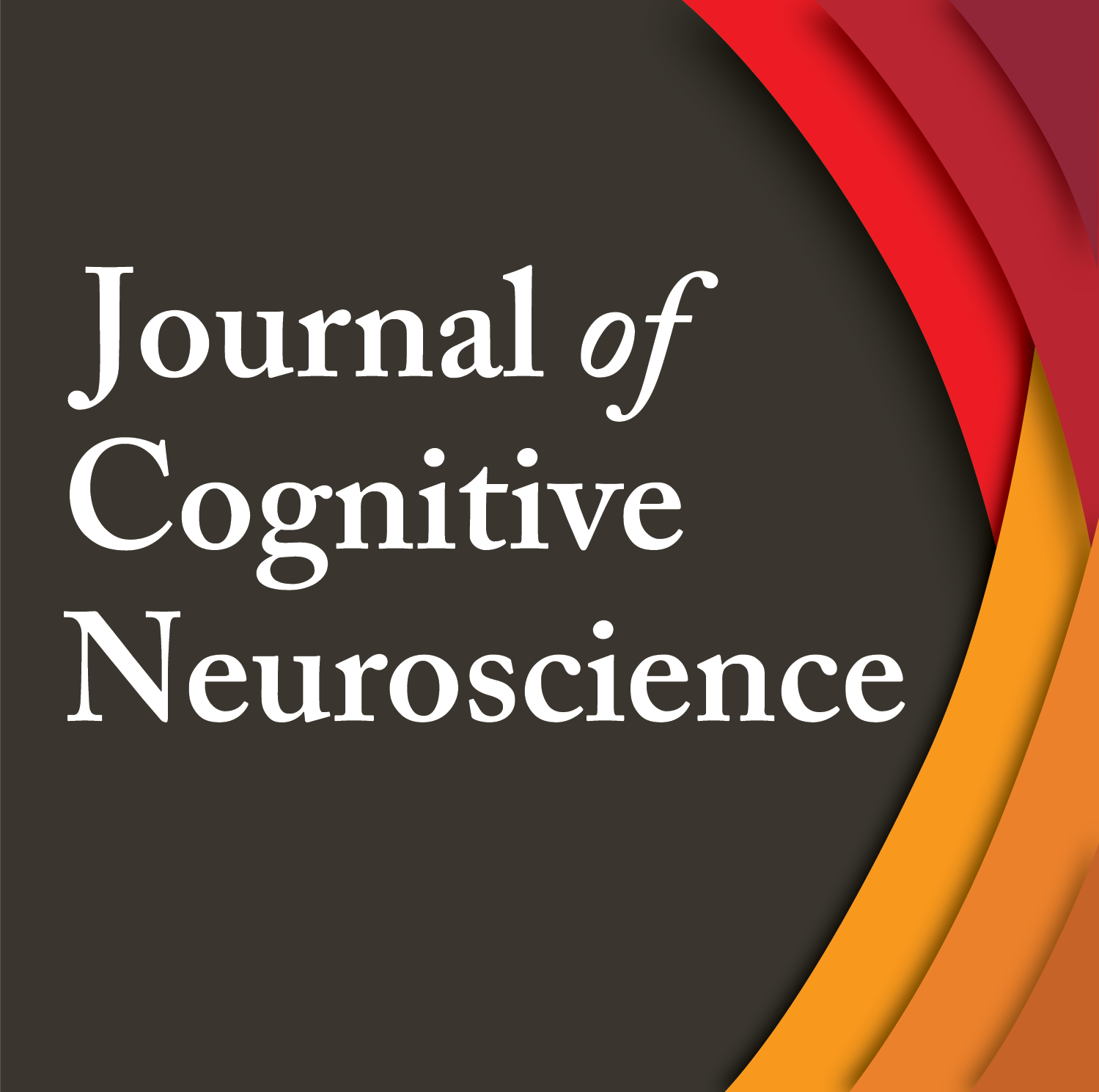Abstract
Working memory maintains information so that it can be used in complex cognitive tasks. A key challenge for this system is to maintain relevant information in the face of task-irrelevant perturbations. Across two experiments, we investigated the impact of task-irrelevant interruptions on neural representations of working memory. We recorded EEG activity in humans while they performed a working memory task. On a subset of trials, we interrupted participants with salient but task-irrelevant objects. To track the impact of these task-irrelevant interruptions on neural representations of working memory, we measured two well-characterized, temporally sensitive EEG markers that reflect active, prioritized working memory representations: the contralateral delay activity and lateralized alpha power (8–12 Hz). After interruption, we found that contralateral delay activity amplitude momentarily sustained but was gone by the end of the trial. Lateralized alpha power was immediately influenced by the interrupters but recovered by the end of the trial. This suggests that dissociable neural processes contribute to the maintenance of working memory information and that brief irrelevant onsets disrupt two distinct online aspects of working memory. In addition, we found that task expectancy modulated the timing and magnitude of how these two neural signals responded to task-irrelevant interruptions, suggesting that the brain's response to task-irrelevant interruption is shaped by task context.

